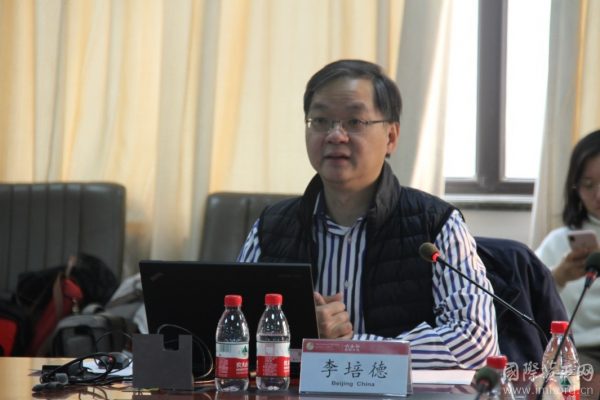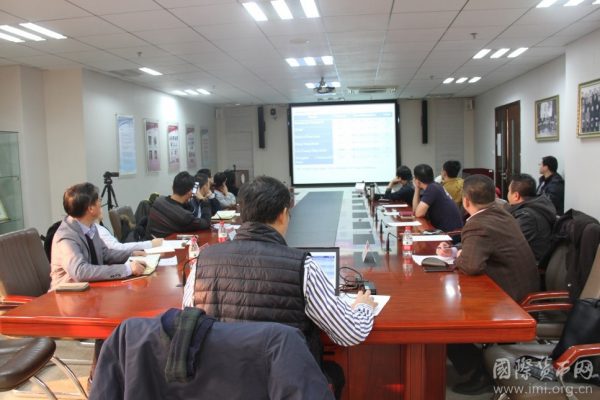Macro-Finance Salon (No. 111): The Misunderstanding of ‘Positive Non-Intervention’--The Causes and Consequences of the Hong Kong Banking Crisis in 1965
2019-01-03 IMI During discussion, Professor Wang Jue and Professor Cai Ruhai put forward some questions and opinions, such as the quasi-central bank status of HSBC, the political convenience of the positive non-intervention policy, and the analysis of the bank's financial strategies. Li Peide also answered in terms of these questions. In addition, experts also discussed the impact of rumors on the 1965 Hong Kong banking crisis.
During discussion, Professor Wang Jue and Professor Cai Ruhai put forward some questions and opinions, such as the quasi-central bank status of HSBC, the political convenience of the positive non-intervention policy, and the analysis of the bank's financial strategies. Li Peide also answered in terms of these questions. In addition, experts also discussed the impact of rumors on the 1965 Hong Kong banking crisis.

